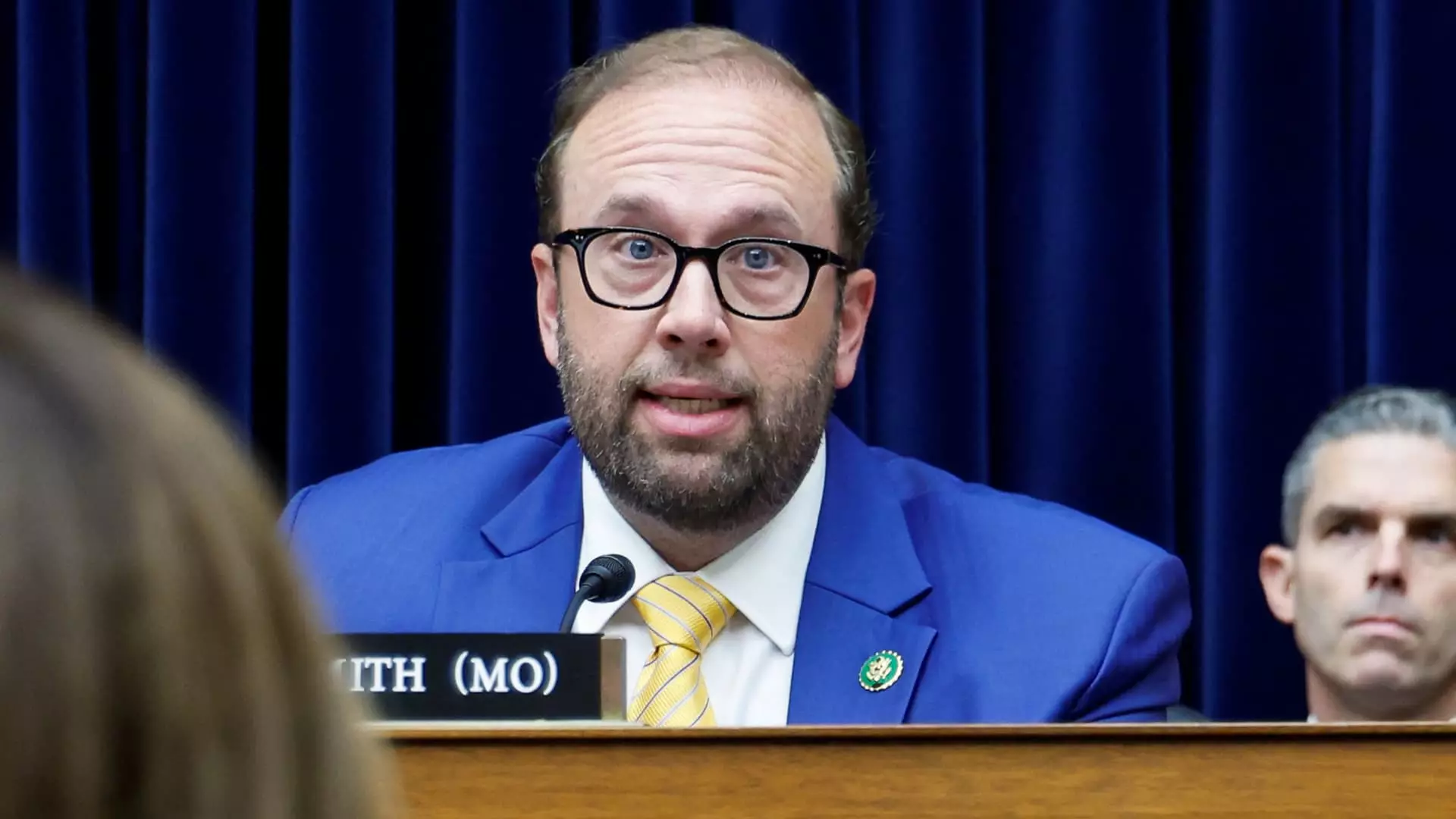The recent maneuvers by House Republicans to advance an extensive tax reform package, championed by none other than former President Donald Trump, reveal more than just a legislative effort; they unearth a profound misunderstanding of the economic realities facing many Americans today. This proposed overhaul, which includes trillions in tax breaks, is not a visionary strategy aimed at improving lives across the board but rather a misguided attempt to cater to wealthy constituents and big donors while leaving the average taxpayer with paltry benefits. What’s most concerning is the apparent willingness of lawmakers to cling to the stale ideals of the past without considering the pressing needs of modern society.
The underlying premise of this package hinges heavily on the state and local tax deduction (SALT). House Republicans wish to raise the SALT cap to $30,000 for those earning $400,000 or less, under the guise of helping hard-working Americans. However, this tax break more significantly benefits wealthier individuals residing in high-tax states, further widening the chasm between the rich and the working class. The cap has been a contentious issue since it was originally introduced, intended to fund the Tax Cuts and Jobs Act (TCJA) of 2017. By still prioritizing this deduction in 2023, Republicans show that their allegiance lies not with ordinary citizens but with upper-income households who prioritize tax cuts over community investment and social well-being.
A Facade of Fiscal Responsibility
In an ironic twist, while the GOP touts fiscal responsibility, their proposals could cost the government billions without adequately addressing key issues like Social Security or child welfare. For instance, the proposed additional $4,000 deduction for older Americans is far from the robust financial relief many need. Experts have already pointed out that the $90 billion expense over a decade pales in comparison to the more sensible route of exempting Social Security income entirely from taxation, which would cost a staggering $1 trillion. This half-hearted approach merely offers a veneer of concern, failing to provide meaningful assistance to those who rely on Social Security as their primary source of income.
Moreover, while the extended child tax credit sounds like a win, it masks deeper systemic failures. By temporarily raising the credit to $2,500 per child only through 2028, the legislation ignores the realities faced by lower-income families who often do not earn enough to claim the full benefit. According to experts, this will continue to leave millions of children without access to essential financial resources. With 17 million children still excluded from adequate support, it’s hard to justify this plan as anything other than a placeholder, a distraction from the pervasive issues that plague American families today.
Political Posturing Over Real Solutions
It seems that the House Ways and Means Committee, led by Chairman Jason Smith, R-Mo., has embarked on a politically motivated venture rather than a genuine effort to improve the lives of American citizens. Smith’s confidence in creating “One, Big, Beautiful Bill” reeks of arrogance and disconnectedness from the reality many Americans face. Politicians like Smith ought to be working collaboratively to resolve the immediate financial struggles of their constituents, yet they seem far too preoccupied with delivering favors to their wealthy allies and fulfilling the demands of agendas rooted in past ideologies.
Furthermore, while House Republicans are feverishly pushing this bill, experts warn that drastic changes might take place in the Senate, casting further doubt on the effectiveness of this package. The ongoing turmoil surrounding tax incentives raises serious questions about the motivations of those in power. Are they genuinely advocating for those in need, or simply advancing a partisan agenda that perpetuates inequality?
Ultimately, the current trajectory of tax reform under House Republicans lacks both vision and compassion. Rather than ushering in a new era of equitable economic policy, the proposed legislation serves as a reminder of how far removed political leaders are from the realities of everyday Americans. Enhanced tax breaks for the wealthy do not solve problems; they perpetuate a cycle of disadvantage that too many are trapped in. Meaningful change demands bold ideas, not superficial solutions that leave the most vulnerable behind.

